Integrity in informal settlements: Securing the human rights to water and sanitation
Integrity in Informal Settlements: Securing the Human Rights to Water and Sanitation
Access the course at Cap-Net's Virtual Campus
Apply now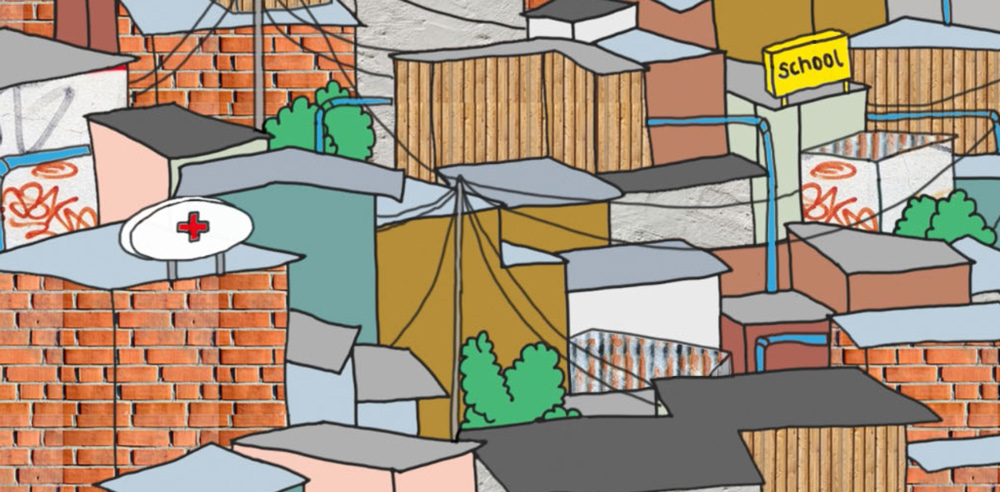
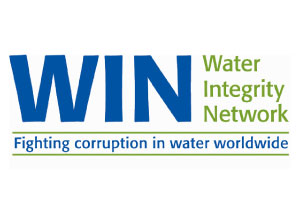
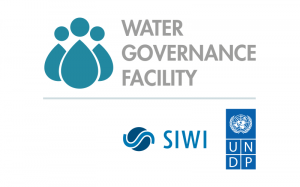
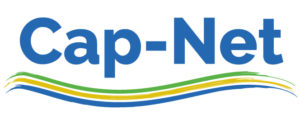

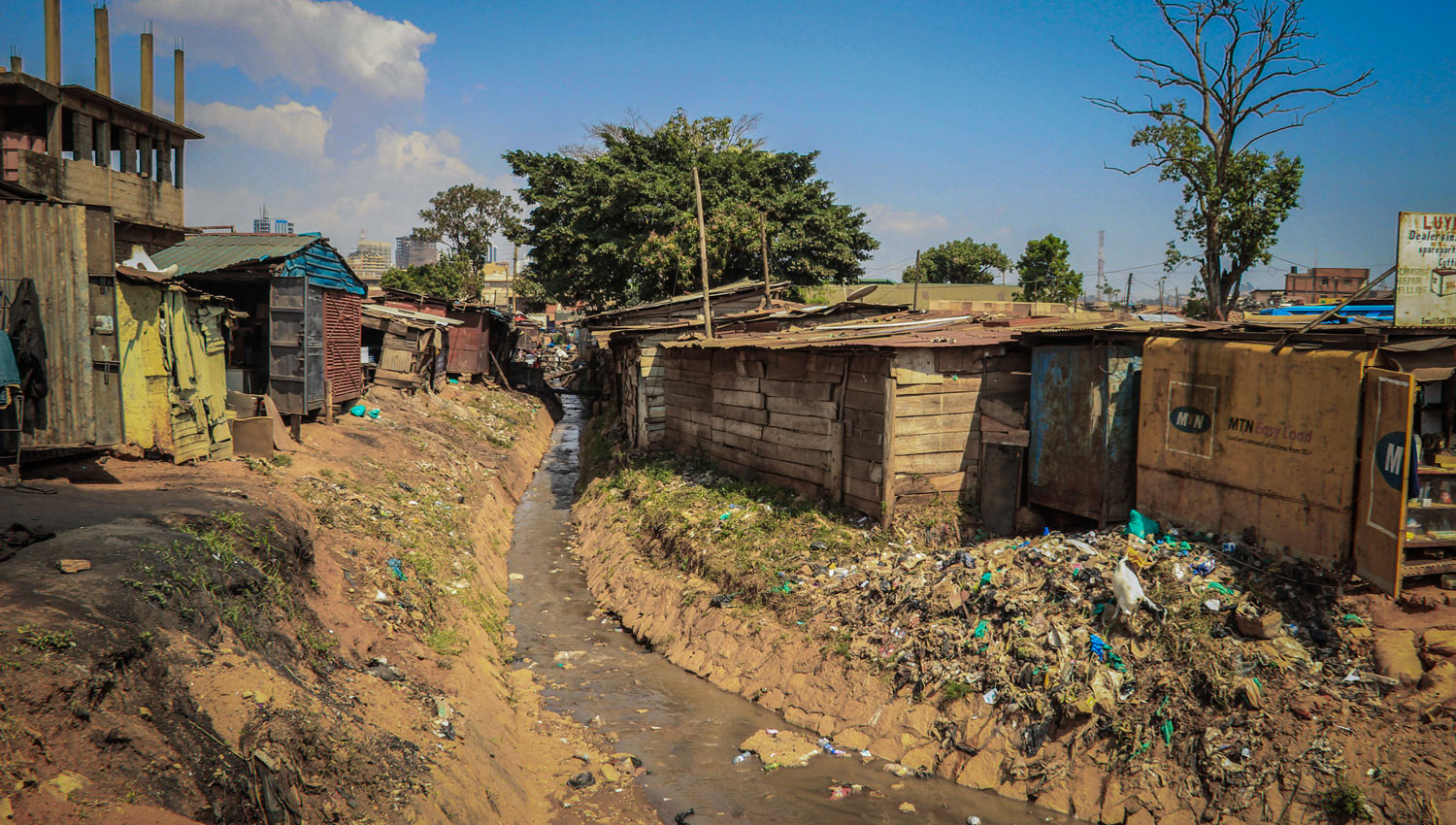
Half of the world’s population currently resides in a city, and of that urban population nearly a quarter live in informal settlements (UN Department of Economic and Social Affairs Statistics). Most of these slums and temporary camps are situated across Asia and Africa, with over half the residents of most African cities living in one. As the world becomes increasingly urbanized, an estimated 1.2 billion people will live in an informal settlement by 2030.
Informal settlements usually lack essential basic services and infrastructure, such as water and sanitation. Not only is this an infringement of residents’ human rights, but dense populations living in squalid condition, together with livestock and vermin, can have dire consequences for public health. Water-bourne diseases are a common affliction for those living there, and a study from 2020 even identified informal settlements as hotspots for antimicrobial resistance.
It is usually women and children from the settlements who have to collect water for the household, often travelling long distances and enduring lengthy waiting times at water points. The water is often low quality, yet they may be charged high prices or extorted sexually to receive it. Their personal safety can also be at risk whenever they access sanitation services after dark.
Despite the extreme inequalities for residents of informal settlements, states, municipalities, and utility companies are often reluctant to invest in infrastructure services for them. The settlements tend to be situated in areas with unsecure land tenure status, so there is an ever-present threat of the area being cleared for other purposes. There is increasing evidence, however, that upgrading informal settlements can have significant benefits for a growing city. By enabling low-income households to secure essential water and sanitation services, settlements can reduce greenhouse gas emissions, become more resilient to the impacts of climate change, and city sprawl is notably reduced. Not to mention the huge impact on the health and welfare of the residents, and it being one of the first steps in their journey out of poverty.
A new course from the Water Integrity Learning group explores how corruption and water integrity failures are major factors in hindering the provision of water and sanitation to informal settlements. And how strengthening integrity can reduce this corruption by increasing transparency, accountability, and participation of all actors involved, from initial infrastructure design through to final service delivery.
The course will cover the historical, political, socio-economic, and spatial factors which have led to the increasing emergence of informal settlements and will invite participants to question their own perceptions of them. It will explain how corruption and integrity failures influence water and sanitation service delivery in the settlements and demonstrate how an integrity focus is essential to combat this. Case studies from Johannesburg, Buenos Aires, Mumbai, and Bulawayo will demonstrate how these integrity failures manifest in real life scenarios and how they can be successfully overcome.
The course is self-paced, twelve hours in total, with an estimated three to four week completion time. It is aimed at policy-makers, practitioners, civil society advocates, regulators, utility company employees, planners, engineers, architects etc., indeed anyone who will work with an informal settlement in some capacity. The course is free and is comprised of videos, animations, suggested reading, case studies, forum discussions and quizzes. No previous knowledge is required, and a certificate will be awarded upon completion.
The Water Integrity Learning group is composed of SIWI, UNDP-SIWI Water Governance Facility (WGF), Water Integrity Network (WIN), and Cap-Net UNDP. Their earlier introductory course about water integrity, Integrity basics: Understanding Corruption in Water and Sanitation, will open again on 1 April.
Access the course at Cap-Net's Virtual Campus
Apply now












We use cookies on our website to make your experience better. Your personal data is safe and we do not sell it to anyone.
The website is running without cookies, some features will not work.